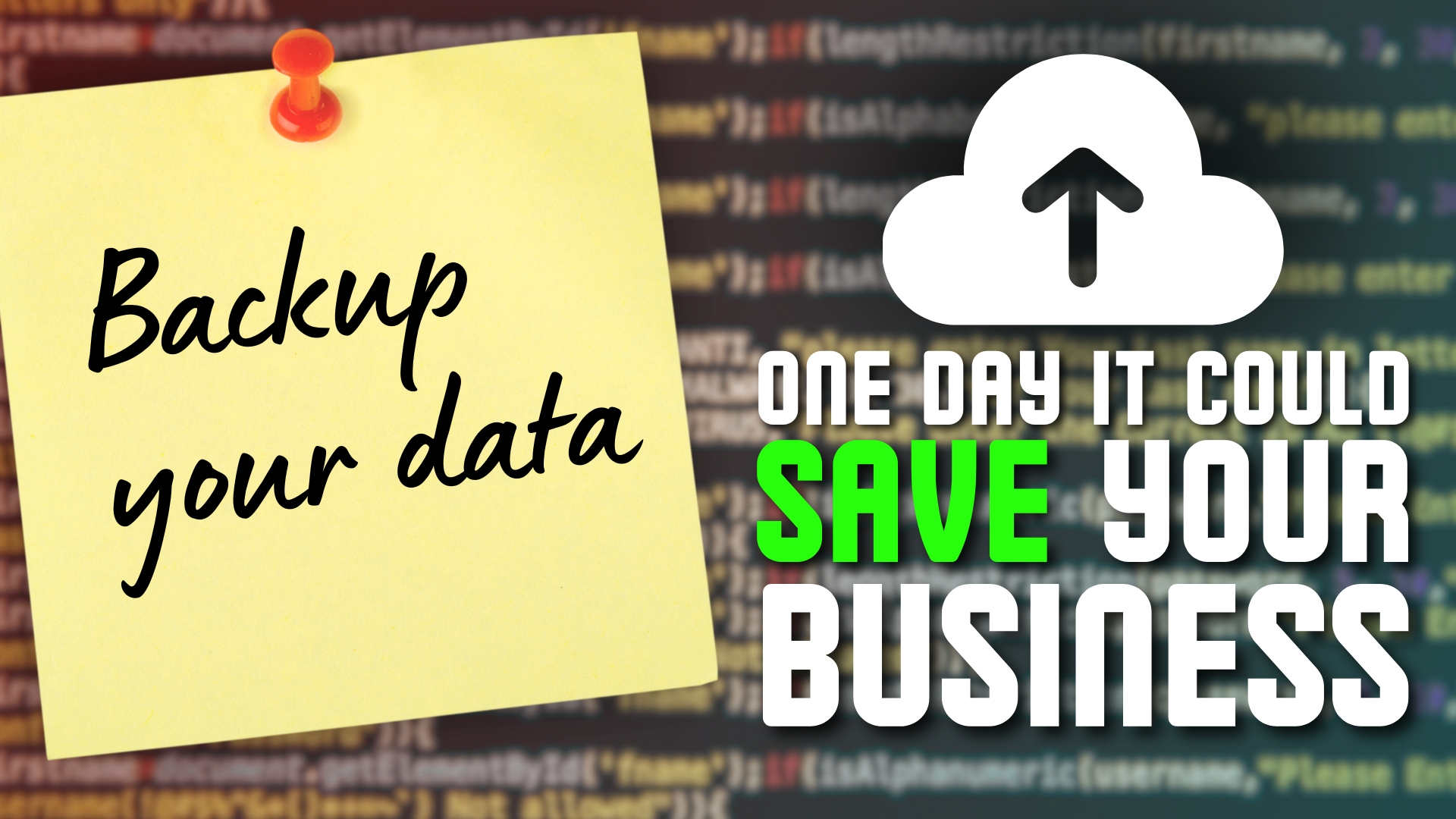In the world of business, data is king. It’s the heartbeat of your operations, the backbone of your strategies, and the foundation of your decision-making process. But what happens when this vital resource suddenly disappears? This is where backing up your data comes into play. It’s not just a precaution; it’s a lifeline that could save your business one day.
Setting up a robust backup system and making it part of your routine is one of the most potent safeguards you can implement. It gives you peace of mind knowing that your business can withstand unexpected data loss. Let’s delve into the specifics of data backup – what to back up, how often to do it, how to choose a solution, and what technology to opt for.
What Should You Back Up?
The first question to ask is: what should you back up? The simple answer is everything that is critical to your business. This includes documents, databases, emails, contracts, customer data, financial information, and even digital assets like images or videos.
However, backing up everything might not always be feasible, especially for businesses with vast amounts of data. In such cases, prioritize data that is essential for your business operations and compliance requirements.
How Often Should You Back Up?
The frequency of backups depends on how often your data changes. If you deal with high volumes of dynamic data, daily or even hourly backups may be necessary. For others, weekly or bi-weekly backups may suffice.
Remember, the goal is to minimize potential data loss. Hence, the more frequently you back up your data, the less information you stand to lose in the event of a data disaster.
Choosing the Right Backup Solution
There are myriad backup solutions available today, each with its own set of features, benefits, and limitations. When choosing a solution, consider factors such as cost, scalability, ease of use, and reliability.
Look for solutions that offer automation, as manual backups can be time-consuming and prone to human error. Also, consider solutions that provide encryption and other security measures to protect your backup data.
What Technology Should You Choose?
Backup technology has evolved significantly over the years. Today, businesses can choose between traditional methods like tape or disk backups and modern solutions like cloud backups.
Tape or disk backups are physical solutions that involve storing data in an offsite location. While they are reliable, they can be cumbersome to manage and may not offer the flexibility and scalability that modern businesses need.
Cloud backups, on the other hand, offer scalability, flexibility, and easy access to data. They allow you to store and retrieve data from anywhere at any time, which can be particularly useful for remote teams. However, they require a reliable internet connection and come with ongoing costs.
In many cases, a hybrid approach that combines physical and cloud backups may be the best option. This allows you to leverage the benefits of both while mitigating their individual drawbacks.
Backing up your data is a non-negotiable aspect of running a business in today’s digital age. It’s your safety net against data loss and could potentially save your business from catastrophic damage.
To help you navigate the complexities of data backup, we’ve compiled a comprehensive guide that tells you all you need to know. And the best part? It’s absolutely free. Secure your business’s future by ensuring your data’s safety today.



